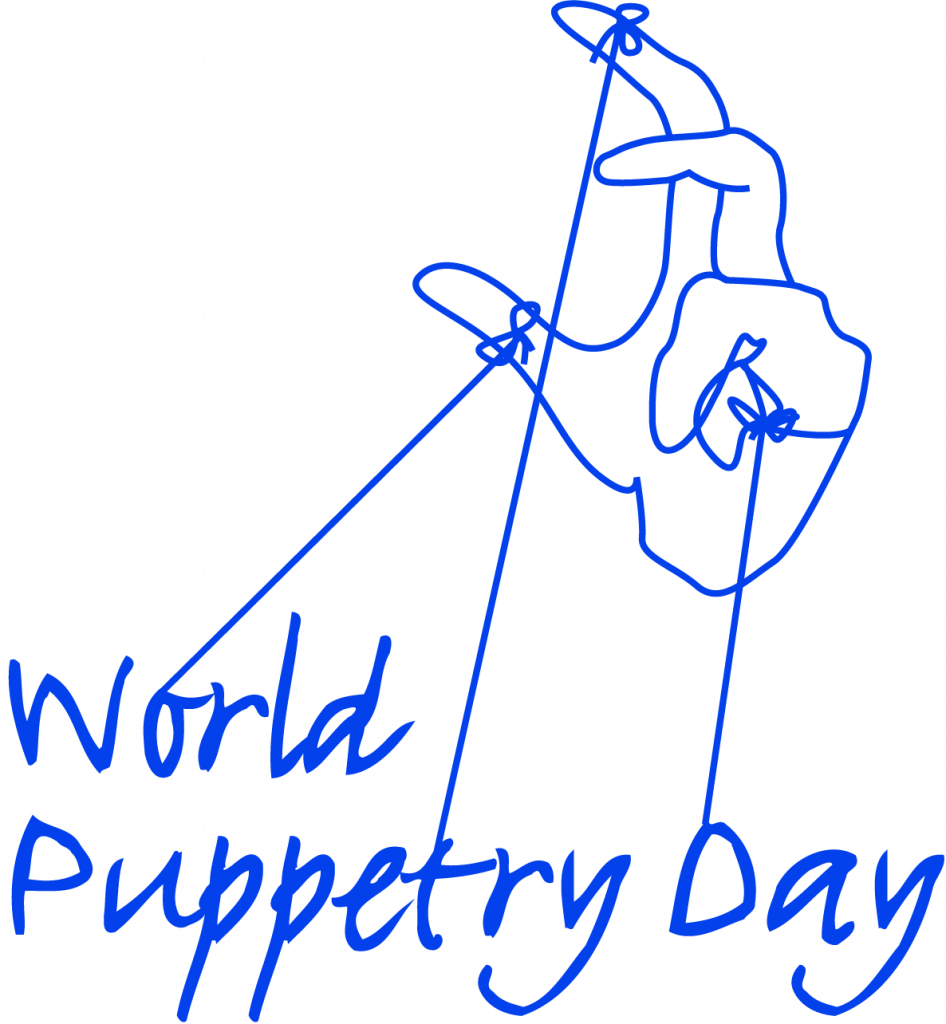NORTH AMERICA THE BEAUTIFUL
FALL/WINTER 2010 ISSUE NO. 28
Contents • Editor's Note • Selections
Tateali, An Offer of Artistic Awareness
by Mtra. Rosa Carolina Gonzalez de la Torre and Lic. Leticia Jasso Pérez
Providing an opportunity to experience art and culture “up close and personal,” the Workshop of Theatre and Literature (TATEALI) of the Department of Pre-school education of the Valley of Mexico has traveled to urban, semi-urban communities—a total of fifty-one municipalities—for the past eighteen years. The artists give courses and workshops in pantomime, shadow theatre, puppetry, art education as well as presenting plays where puppets are the protagonists and in which the small spectators demonstrate their emotions, develop their imaginations, sensibilities and see their environment and his dreams reflected in the art.
TATEALI is a governmental service of educational support to pre-school level that offers to children and teachers a space of appraisal and artistic expression, with a commitment to contribute to “learning to be.”
With this perspective, over the years TATEALI he has created a particular way of doing theatre, creating works with structure, duration, scenic game, topics and messages adapted for children under six-years-old.
This way the rod puppets, mouth-puppets, marionettes manipulated in plain sight, tabletop puppets and masked characters arise year after year to recount stories of friendship, dreams, loyalty, imagination, etc. Twelve original offerings, which have managed to touch the essence of thousands of small children.
This year, for example, the play An Adventure in the Sea was presented 130 times. It was seen by 26,831 children and 1,403 pre-school teachers. These are extraordinary numbers, if we consider that, though Mexico has an important theatrical movement, TATEALI is the only touring theater that reaches such a broad audience and has such a lasting effect, due in part to the educational support it offers. TATEALI distributes the guide Approach the Art, and advises in course-workshops.
This guide suggests, in a simple and practical way, how to enhance the educational process BEFORE, DURING and AFTER enjoying the play, to the initiation of the sort of artistic games encouraged by the Program of Pre-school education 2004 (PEP 04).
At the very outset, Approach the Art addresses "BEFORE"—a search of the knowledge where the teacher opens areas of exploration of the artistic or cultural event the students are about to see.
The are introduced to the physical space that they will visit: a theatre, an audience, another school, a museum, a room of concerts, how they will come to this place and to have clarity of what they will experience: what they will see, what it is about, who wrote it, who are the main characters, etc. It is indispensable that the pre-schoolers feel prepared and are receptive.
The importance of preparing the students, is that it introduces the aesthetics and the lessons contained in the production, including the inculcation of such values as friendship, respect, mutual understanding and peace. It also increases a child’s vocabulary, and communication skills.
"DURING" it is the education that occurs in the minds of the performance. It is here where the teacher sees how the pupils interacted with the puppets. This knowledge will give tools to the teacher to design educational strategies and to approach the lessons inherent in the production.
For pre-school children, seeing theatre in his community might be their only opportunity to experience magic, laughter, surprise, fear, and curiosity. These emotions conjoin to turn his meeting with the puppets into a significant experience.
Finally, "AFTER", in which children learn by doing. They manipulate figures. They explore the possibilities of different materials, experiment with certain technologies and sculpting tools. They play theater games in which they create characters from objects, take part in the design and mounting of productions, and use different types of puppets.
The young students learn to work together in positive ways. They establish and share codes and rules for their theater games.
Mexican Puppetry has much to offer:
- Internationally Recognized Companies
- Puppetry Museums
- The Center for Studies in the Art of Puppetry in Xalapa, Veracruz
- Countless independent puppeteers
- International Festivals
- The Workshop Schools of Theatre and Literature TETLI in Guerrero and Jalisco States.
TATEALI, which belongs to the latter item, will write theatre scripts and songs, will design sets, will create iconic figures, will bring to the stage playful, imaginative and creative productions. Our puppeteers will travel to the far corners of the Valley of Mexico in order that the smallest children discover through puppetry the opportunity to be spectators and later actors of this interior world called ART that is the essence of the human being: the essence of being human.
Bibliography
- SEP, Secretariat of Public Education
- Program of Pre-school Education 2004. National Commission of Free Books of Text. Mexico 2004
- DELORS, Jacques
- The Education Encloses an Exchequer. Report to the UNESCO of the International Commission on the education for the 21st century. Chapter 4 Four props of the Education. Santillana/UNESCO. Madrid 1996
- TATEALI
- Approach the Art: a way with course to 4 Props of the Education. Department of Pre-school education Fences of Mexico. Mexico 2010








